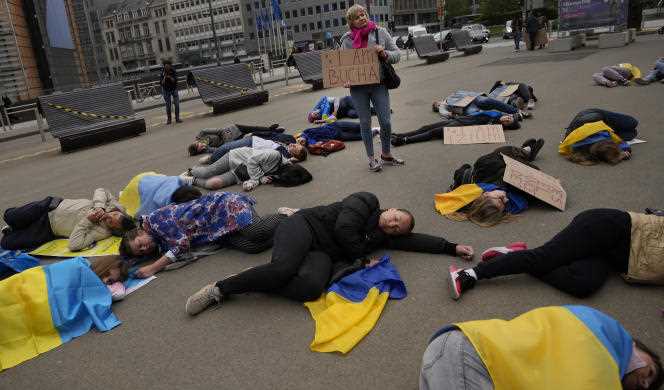Michael W. Doyle is an American researcher specializing in international relations and professor at Columbia University, New York. He is notably the author of Liberal Peace. Selected Essays (Routledge, 2011) and The Question of Intervention. John Stuart Mill and the Responsibility to Protect (Yale University Press, 2015), as well as a book to be published in October by WW Norton, entitled Cold Peace.
You are particularly known for your work on “democratic peace”. What exactly does this concept cover?
The theory of “democratic peace” postulates that democracies tend to establish stable peaceful relations among themselves, while tending to maintain relations of mistrust, and sometimes hostility and war, towards undemocratic regimes. This theory is based on Immanuel Kant’s seminal essay, Perpetual Peace Project (1795). His reasoning was as follows: liberal republics are adept at deliberation (encouraged to do so by the need to convince in governments, legislatures and courts), and they are accountable to the majority of their constituents, who, unlike monarchs and dictators, cannot routinely shift the cost of war onto anyone other than themselves. If, moreover, these voters respect liberal values, they will respect the rights of free peoples to assert their rights and will negotiate rather than fight for divergent interests.
How can the theory of “democratic peace” help us to understand the current geopolitical situation, with the return of war on the continent?
The European Union and NATO, democratic organizations, have come to the defense of Ukraine, a democratic state: this solidarity reflects the importance for them of the right to self-determination. Russia, an autocratic regime, is supported by China, another autocratic regime. But the world is more complex than that: many other states, especially developing states, aspire to neutrality; they are more concerned with the material needs of their populations and worried about the costs that intimidation by one or the other bloc could have for them.
How could the distrust, even hostility, which currently reigns between democratic regimes and Russia or China be overcome?
My next book, Cold Peace (“cold peace”), argues that a danger awaits us: that of entering an era that would resemble a new cold war between democracies and autocracies. But a return to the kind and degree of division and hostility that characterized the first Cold War is not inevitable. If a remarkable political sense is mobilized on the side of the democracies, and if it meets with a reasonable response from Vladimir Putin and Xi Jinping, then it would be possible to agree on a series of difficult compromises, capable of reinstalling a form of peace in Ukraine, to stabilize the growing tensions around Taiwan and relations between China and the Quad countries [une alliance qui rassemble les Etats-Unis, l’Inde, l’Australie et le Japon] and the United States in particular. Internally, we must qualitatively improve our democracies, because the instability that threatens them comes from our internal failures, and not only from external manipulations. Tackle all these projects will create a much more stable world, and much safer. It will be difficult, but not impossible.
